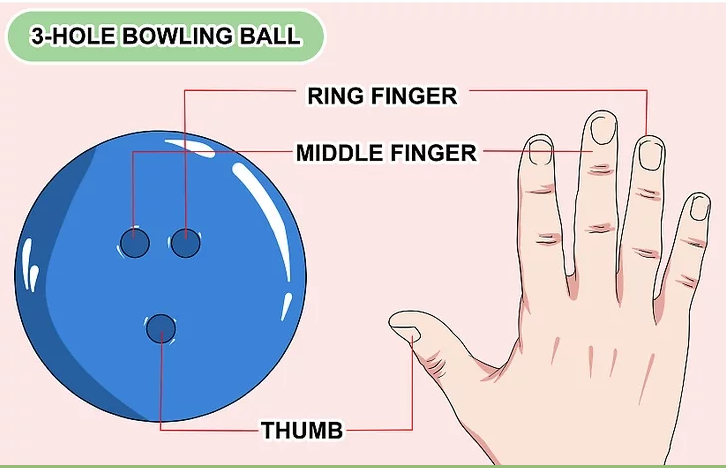Living in a rented property comes with its unique challenges, one of which is deciphering your landlord’s intentions. If you suspect your landlord wants you out, it’s crucial to understand the signs and navigate this situation effectively.
In this guide, we will explore the subtle indicators that may suggest your landlord is seeking your departure. By recognizing these signs and understanding your rights, you can approach this situation with confidence.

7 Signs Your Landlord Wants You Out
Signs that your landlord wants you out include unusual maintenance delays, increased communication, frequent property inspections, unexpected rent hikes, surprising lease changes, hints of selling the property, or a sudden change in their demeanor. Recognizing these indicators is essential for tenants to protect their rights and make informed decisions about their housing situation, ensuring they can address potential issues effectively and assert their tenant rights if necessary.
The Mysterious Maintenance Delays
Landlords are typically responsible for property maintenance. If you notice a sudden reluctance to address maintenance issues, it could be a sign they want you to leave. Delayed repairs can make your living situation uncomfortable, and your landlord might be hoping this encourages your departure.
Increased Communication
An unusually high level of communication from your landlord might indicate their desire for you to move out. Frequent messages or inquiries about your plans could be a subtle push to vacate the property.
Frequent Property Inspections
If your landlord starts conducting more property inspections than usual, it may suggest they’re considering your eviction. Frequent visits can be disruptive and may be intended to make you uncomfortable.
Unusual Rent Hikes
Significant and unexpected rent increases can be a clear indication that your landlord wants you out. They may be hoping the higher cost will lead you to seek alternative housing.
Surprising Lease Changes
Your landlord altering the terms of your lease, especially if it’s to your disadvantage, can signal their desire for you to leave. Be vigilant about any modifications to your lease agreement.
Hints of Selling the Property
If your landlord drops hints about selling the property or discussing potential buyers, it could mean they’re planning to sell and want you to vacate before doing so.
Sudden Friendliness
Ironically, an overly friendly landlord could be masking an ulterior motive. If their demeanor changes suddenly, it’s worth considering whether they want you to move out.
Understanding these signs can help you navigate your situation effectively. If you notice several of these indicators, it’s essential to consult local tenant-landlord laws and consider your options.
For your convenience, here’s our 50 state reference table that will link you to the official landlord tenant laws of your state.
What to do if your landlord asks you to leave?
If you believe the request is unfair or violates your tenant rights, consult local tenant-landlord laws and consider seeking legal advice. If you agree to leave, ensure any agreements with your landlord are in writing, including the move-out date and any financial arrangements.
Document the property’s condition upon departure to avoid disputes later. Ultimately, understanding your legal rights and responsibilities is crucial when faced with such a situation.
How to tell if a landlord likes you
Determining if your landlord likes you can be a bit tricky, but here are five tips that might suggest a positive landlord-tenant relationship:
- Prompt Responses: If your landlord responds promptly to your inquiries or maintenance requests, it’s a good sign they value your tenancy.
- Flexible Communication: A landlord who is open to different communication methods, such as email, text, or phone calls, is likely interested in maintaining a positive rapport.
- Renewal Offers: If your landlord offers lease renewals or discusses long-term arrangements, it indicates they are content with your tenancy.
- Property Upkeep: Regular property maintenance and improvements might signify a landlord’s interest in retaining you as a tenant.
- Respects Privacy: A landlord who respects your privacy and provides proper notice for inspections or visits is likely considerate of your comfort.
Remember, these signs are not definitive proof of a landlord’s feelings, but they can indicate a positive landlord-tenant relationship.
Final Thoughts
Recognizing signs that your landlord wants you out is crucial for safeguarding your rights and making informed decisions about your housing situation.
By staying informed, documenting interactions, and seeking legal counsel when necessary, you can navigate this challenging scenario with confidence and assert your tenant rights.
Frequently Asked Questions
What to do when your landlord wants you out?
First, carefully review your lease agreement to understand your rights and obligations. Document all interactions and communications with your landlord. Seek legal advice if you believe your rights are being violated. It’s crucial to consult local tenant-landlord laws to know your rights and responsibilities.
Open communication with your landlord to discuss concerns can also be helpful, but any agreements or changes should be documented in writing to avoid misunderstandings.
Can my landlord force me to move out without cause?
No, landlords typically need a valid reason, such as lease violations or property sale, to initiate eviction. Consult local laws for specific regulations in your area.
What should I do if I suspect my landlord wants me out?
Document all interactions, review your lease agreement, and seek legal advice if needed to protect your rights.
Can I negotiate with my landlord if they want me to leave?
You can discuss your concerns with your landlord, but any agreement should be documented in writing to avoid misunderstandings.
What if my landlord violates my tenant rights during this process?
Contact local housing authorities or a tenant advocacy group to report any violations and seek assistance.
How can I proactively protect my tenant rights?
Familiarize yourself with local tenant-landlord laws, keep records of all communications, and seek legal advice if you feel your rights are being infringed.
Is my landlord allowed to increase the rent at any time?
Rent increases typically require proper notice and adherence to local laws. Sudden and unreasonable hikes may be subject to regulation.
Also Read: How Much Notice Does a Landlord Have to Give a Tenant to Move Out? [Answered]







